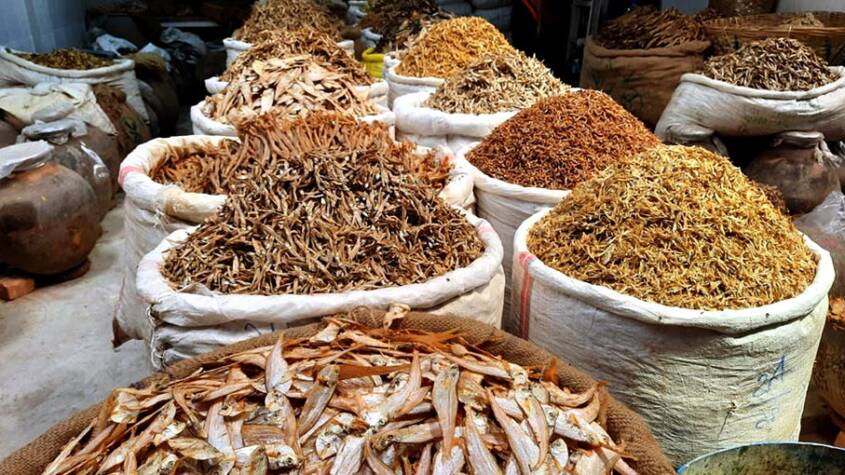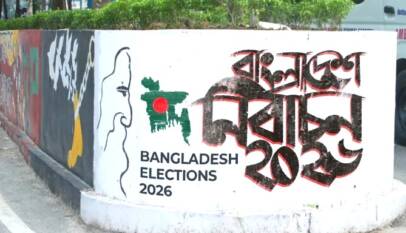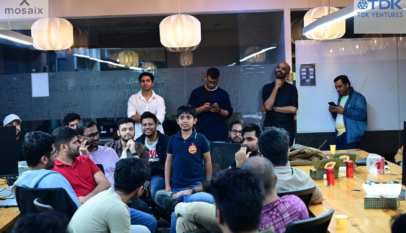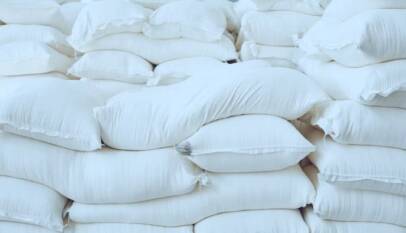Bangladesh: Chattogram dried-fish sector hit by low output, high costs.
Once renowned both at home and abroad for its high-quality dried fish, Chattogram’s traditional industry is now facing a steep decline due to a host of challenges — including dwindling fish availability, soaring prices, and financial hardship for small-scale producers. The situation has worsened with the influx of cheaper imported dried fish from neighbouring countries, undermining local producers, traders, and warehouse owners.
Dried fish remains a staple of hospitality in the region, but affordability is now a growing concern. Industry insiders stress the urgent need for incentives, training, low-interest loans, cold-storage facilities, and proper monitoring to revive this potential export-earning sector.
Production hubs and declining output –
Major dried-fish hubs in Chattogram include Bastuhara Shutki Palli (near the Karnaphuli Bridge), Dangar Char and Isanagar (Karnaphuli upazila), Puichhari, Chhanua, Shekherkhil, and Chambal Bangla Bazar (Banshkhali), and Roypur and Bhurumchhara (Anwara).

While local producers process over 100 types of dried fish, popular varieties include Chingri, Loitta (Bombay Duck), Chhuri, Faissha, Pnuti, Poa, Moilla, Chapila, and Hangor.
According to the Chattogram District Fisheries Office, production dropped from 1,420 tons in FY: 2022 – 2023 to just 870 tons in FY: 2023 – 2024. Production in Chattogram city dropped from 270 tons to 170 tonnes, Anwara registered a drop from 430 tons to 190 tons, Banshkhali from 610 to 440 tons, and Karnaphuli Upazila from 110 to 70 tons.
Producers on the brink –
At Bastuhara Shutki Palli, workers were seen cutting, salting, and drying fish despite rising challenges. Abu Taher, a seasoned producer, said producing one kilogram of dried shrimp requires 3–3.5 kg of raw shrimp, while Loitta and Chhuri require 5 kg and 3.5 kg respectively. “Production is becoming unviable due to rising fish prices, transport and labour costs, and lack of capital. We often sell on credit and wait months for payment”. Abu Taher said.
Mohammad Hashem, president of the Chattogram Khudra Shutki Utpadan O Biponon Samobay Samity, said their membership has fallen from 180 to just 75. “If you sell dried fish worth Taka 2.00 lakh, you might receive only Taka 20,000 in cash. The rest is paid via cheques that can take months or years to get cleared”, he said. “With high-interest loans to cover production, such delays cause capital erosion, forcing many to abandon the trade”.
Soaring prices drive away customers –
Md Abu Naser, president of Chattogram Shutki Byabsayee Samity, blamed high costs of fishing gear, fuel, and raw fish for the crisis. “Just three to four years ago, dried shrimp were sold for Taka 700-800 per kg. Now it’s Taka 1,800-2,400. Chhuri rose from Taka 500-600 to Taka 1,000-1,800, and Loitta from Taka 400-500 to Taka 800-1,200”, he said.
As prices rise and over 3 kg of raw fish is needed to make 1 kg of dried product, affordability has become a major issue. This has opened the market to cheaper imports from India, Pakistan, and Myanmar — countries with better drying technology and cold-storage facilities.
“Though imports meet part of the demand, Chattogram’s dried fish remains superior in quality”, said Naser. Previously, Chattogram supplied dried fish across the country and abroad. Now supplies come from Moheshkhali, Kutubdia, Sonadia, Kishoreganj, Brahmanbaria, Narsingdi, Sylhet, and Khulna, he added. He urged the government to offer training, loans, incentives, and cold-storage facilities to address the crisis.
Traders struggling to stay afloat –
Md. Ibrahim, president of Asadganj Shutki Aratdar Samiti, said only 10-12 of their 36 registered members remain active. Asked about credit sales, he explained that due to the perishable nature of dried fish, many producers sell on credit to avoid losses.
Chattogram District Fisheries Officer Shrivas Chandra Chand acknowledged the sector’s export potential but noted that exports remain minimal due to failure to meet required standards.
“We launched a campaign to promote standardisation and reduce pesticide risks under a World Bank-supported project in Bastuhara. We also distributed 10 drier machines two months ago”, he said. “A proposal has also been sent to an international NGO for setting up a cold-storage facility in Chattogram”, he added.
Team Maverick.
From Playrooms to Prototypes : How an Eight-Year-Old Is Quietly Redefining What It Means to Learn, Build, and Belong in India’s Hardware Future
Hyderabad, Feb 2026 : At a time when India is doubling down on manufacturing, electronics,…



















